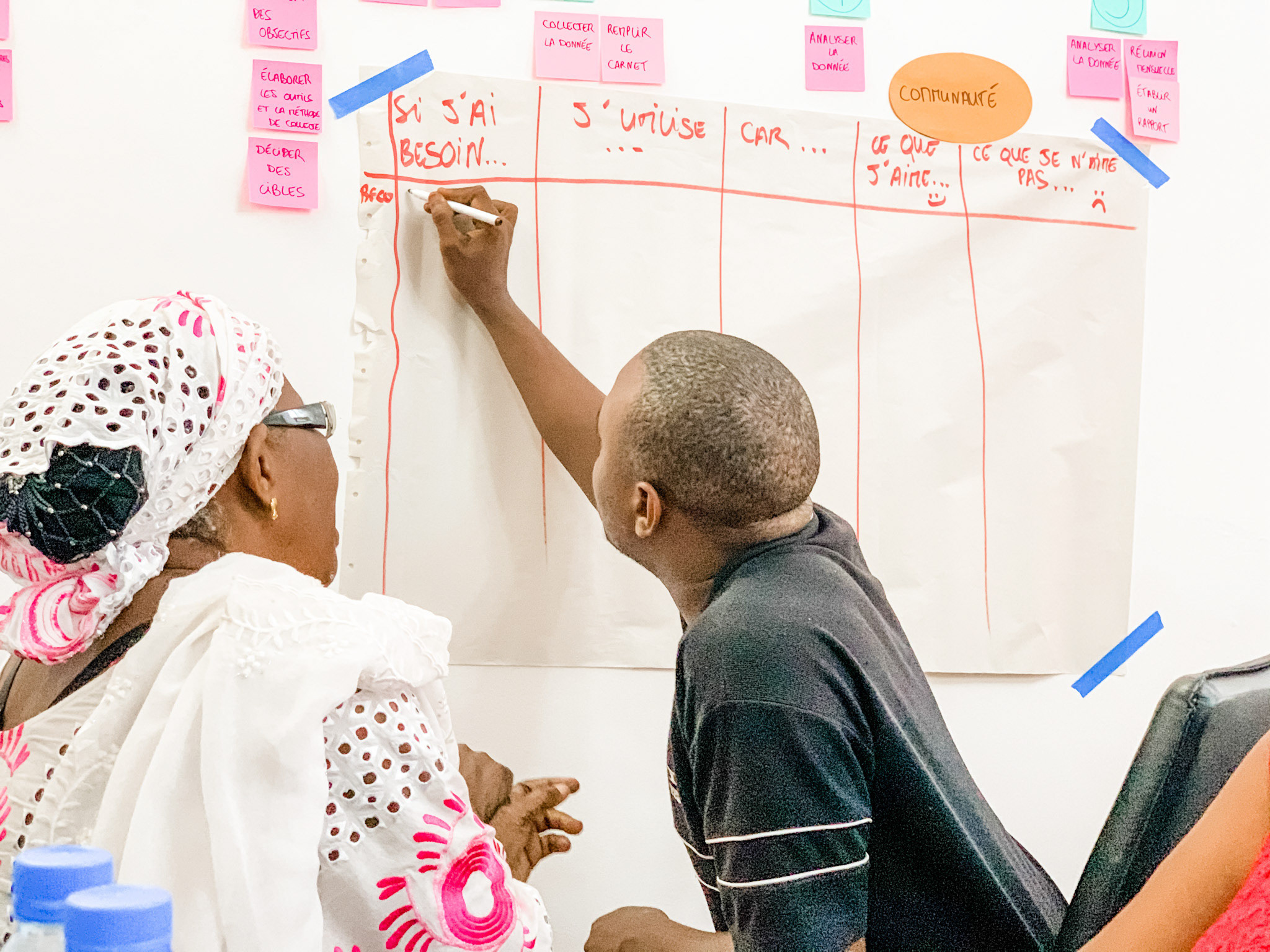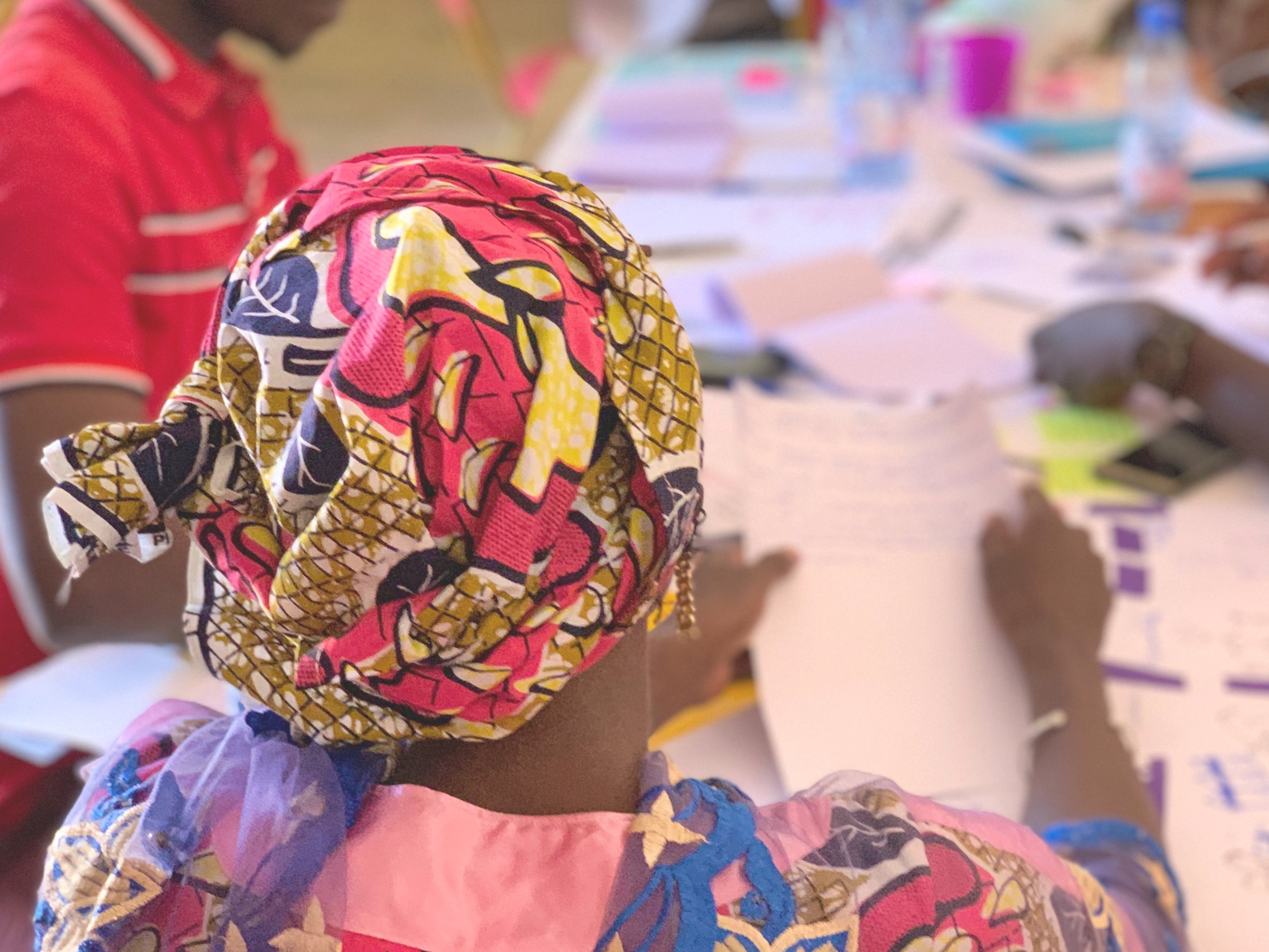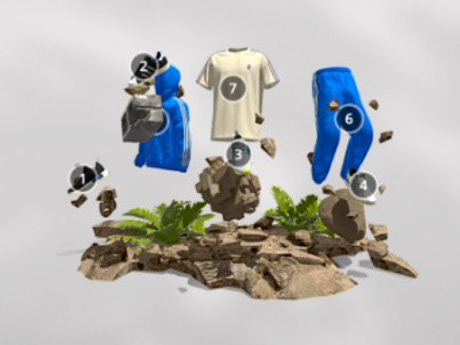Client: d.school Paris | Year: 2021
Context
As part of the d.school Paris, I contributed to shaping the next generation of innovators through experiential learning in design and innovation. My role included working as a Design & Innovation Coach, where I supported Masters-level business and engineering students in applying design thinking principles to tackle real-world challenges. This engagement included co-facilitating a 3-day hackathon and delivering introductory design thinking classes.
As part of the d.school Paris, I contributed to shaping the next generation of innovators through experiential learning in design and innovation. My role included working as a Design & Innovation Coach, where I supported Masters-level business and engineering students in applying design thinking principles to tackle real-world challenges. This engagement included co-facilitating a 3-day hackathon and delivering introductory design thinking classes.
Goals
The initiative aimed to equip students with practical skills in design thinking, fostering their ability to tackle complex problems creatively and collaboratively. The hackathon sought to challenge participants to create innovative applications from scratch, focused on improving airport safety and efficiency. The overarching goal was to create an engaging and transformative learning experience, bridging theoretical knowledge with actionable skills.
The initiative aimed to equip students with practical skills in design thinking, fostering their ability to tackle complex problems creatively and collaboratively. The hackathon sought to challenge participants to create innovative applications from scratch, focused on improving airport safety and efficiency. The overarching goal was to create an engaging and transformative learning experience, bridging theoretical knowledge with actionable skills.
Methods
I co-facilitated a 3-day hackathon involving over 80 Masters-level business students. The event guided participants through rapid ideation, prototyping, and presentation cycles, empowering them to develop functional applications addressing airport safety and efficiency. My role involved mentoring teams and structuring the design process. I also provided feedback to refine their solutions and ensure their ideas aligned with user needs.
I co-facilitated a 3-day hackathon involving over 80 Masters-level business students. The event guided participants through rapid ideation, prototyping, and presentation cycles, empowering them to develop functional applications addressing airport safety and efficiency. My role involved mentoring teams and structuring the design process. I also provided feedback to refine their solutions and ensure their ideas aligned with user needs.
Additionally, I developed and delivered introductory design thinking classes to a group of 30+ Masters-level engineering and business students. These sessions introduced key methodologies such as problem reframing, ideation, and prototyping. By combining lectures, interactive exercises, and real-world examples, I ensured the content was accessible and impactful for students with diverse academic backgrounds.
Outcome
The 3-day hackathon resulted in the development of innovative application prototypes, with several projects receiving accolades from facilitators and stakeholders for their creativity and feasibility. Participants reported a deepened understanding of the design thinking process and its practical applications to real-world problems.
The 3-day hackathon resulted in the development of innovative application prototypes, with several projects receiving accolades from facilitators and stakeholders for their creativity and feasibility. Participants reported a deepened understanding of the design thinking process and its practical applications to real-world problems.
The design thinking classes equipped over 30 students with foundational skills, sparking their interest in human-centered problem-solving and creating a strong basis for further exploration of the methodology. This engagement not only helped students build confidence in their ability to address complex challenges but also reinforced the value of cross-disciplinary collaboration, creativity, and user-centric approaches in business and engineering contexts.









